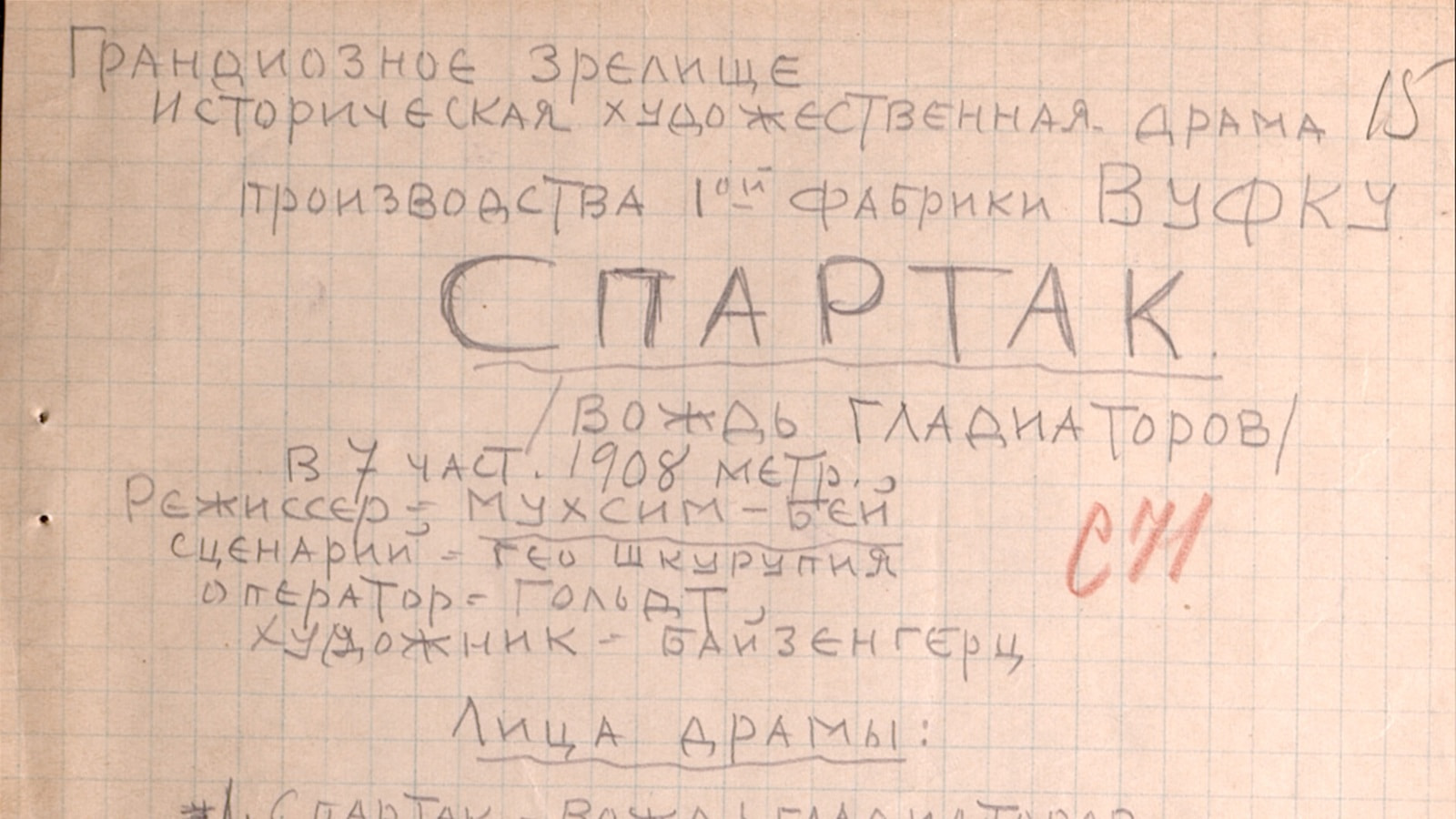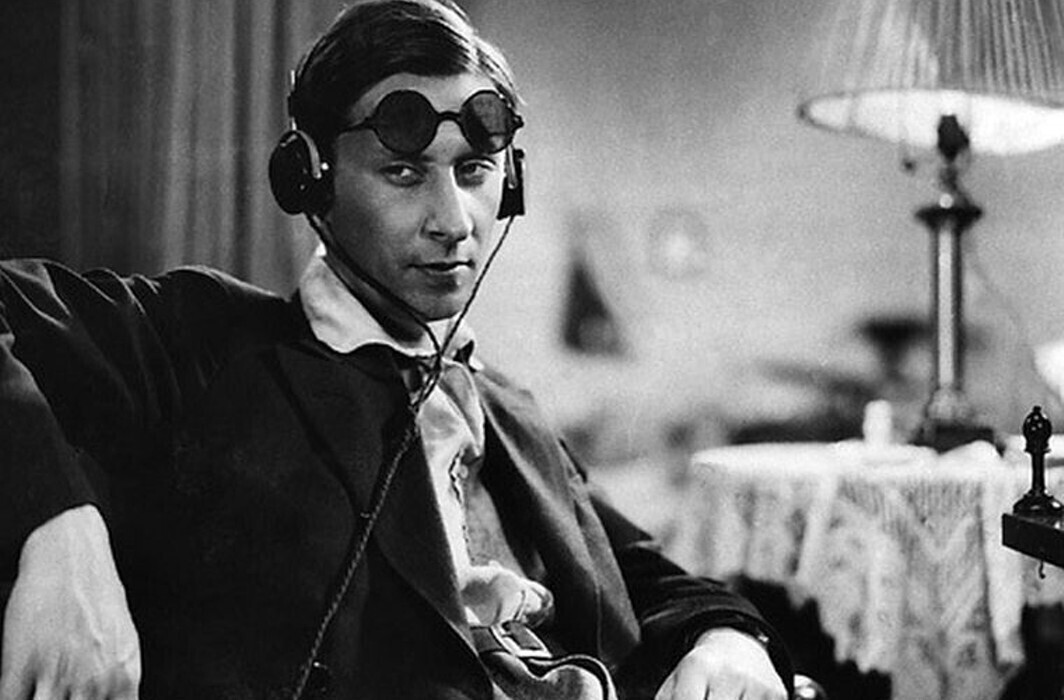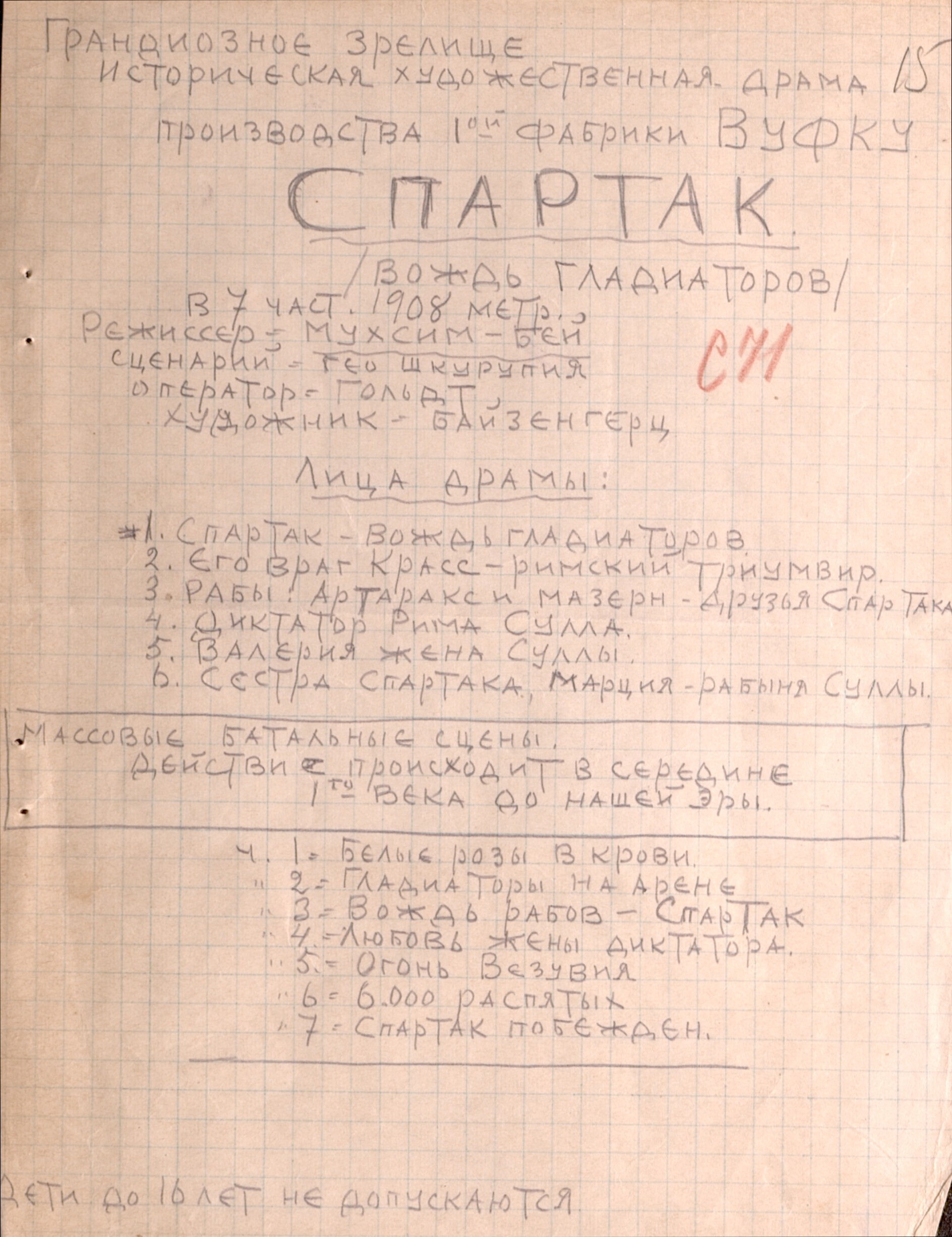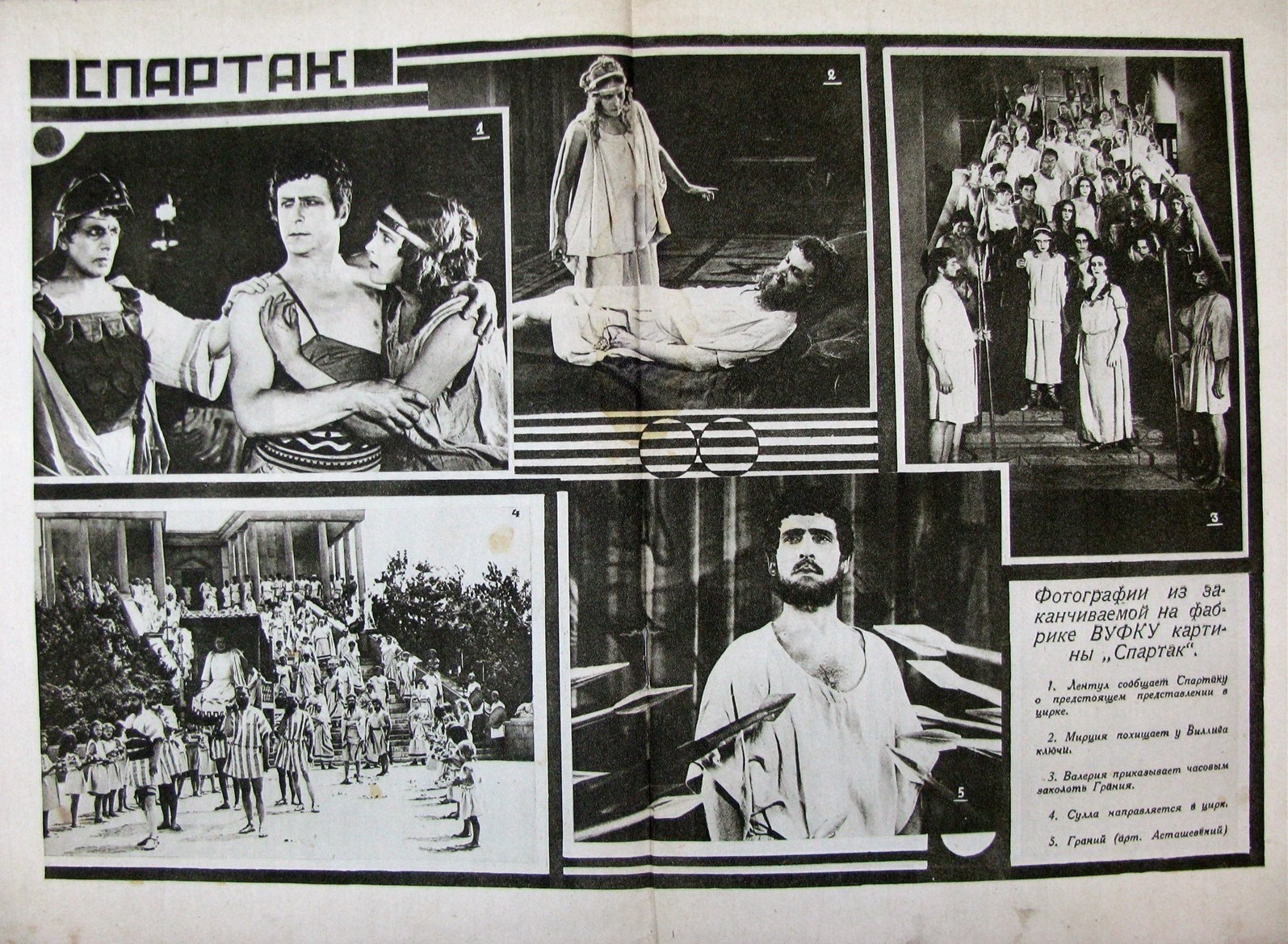As part of the public program accompanying the VOKS kinema research laboratory, the lecture will explore Soviet–Turkish connections in the field of cinema during the 1920s and 1930s.
Given the authority and popularity of contemporary Turkish cinema, it is hard to imagine that it emerged relatively late, in the 1910s. Connections with Soviet Russia played a crucial role in its early development: around that time, Turkish cinema pioneer Muhsin Ertugrul and his future wife Neyyire Neyir—one of the first professional Muslim film actresses—visited Russia, where they encountered avant-garde theater and film. In the 1920s, Ertugrul worked in Moscow (with Vsevolod Meyerhold) and at the Odessa Film Studio, where he directed two films. In the 1930s, artist Abidin Dino, one of the founders of modern Turkish painting, collaborated with Sergei Yutkevich on The Miners, one of the highlights of this exchange being the 1934 documentary Ankara—Heart of Turkey by Sergei Yutkevich and Lev Arnshtam, featuring footage of Atatürk’s speech marking the tenth anniversary of the Turkish Republic.
None of this would have been possible without the involvement of VOKS, which organized the first screenings of Soviet films in Turkey, ranging from ordinary productions to avant-garde masterpieces. VOKS also worked to establish a Soviet cultural cooperation center in Turkey and sought to unite Soviet and Turkish filmmakers for a joint production. Turkish filmmakers wrote to VOKS, aiming to build connections within Soviet artistic circles. These and other stories will be discussed during Maksim Semenov’s lecture at Garage.






